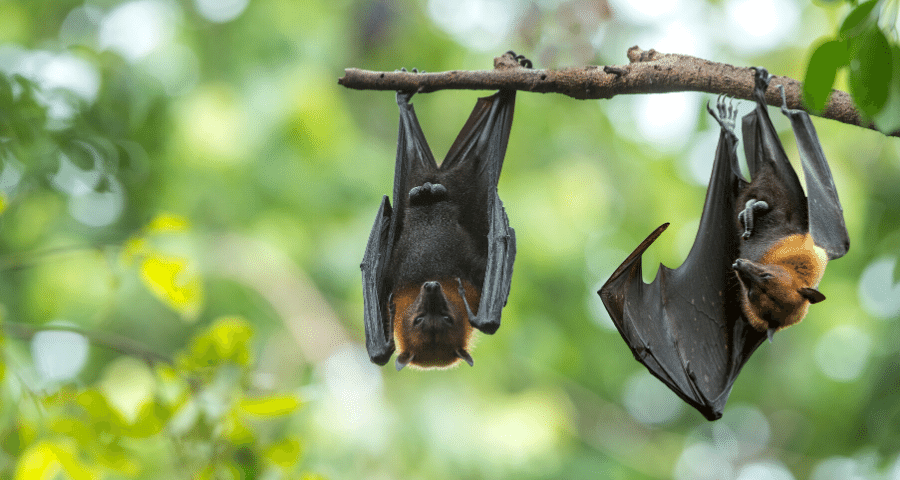With the emergence of zoonotic diseases like Severe Acute Respiratory Syndrome (SARS) and Ebola linked to the poorly regulated wildlife trade, the World Organisation for Animal Health (OIE) is calling for specific guidelines to prevent future spill-over events from wildlife to humans.
The OIE’s Wildlife Working Group has released a statement about the trade in wildlife, recognising that the wildlife trade poses a threat to both animal health and human health, together with negative impacts on biodiversity, species conservation and natural resources. The OIE is looking to develop guidelines or standards for trade in wildlife-based on sound governance and regulatory principles that reduce health risks, and support animal welfare and biodiversity conservation.
It is hoped that the adoption of such measures will help prevent future pandemics, protect natural resources, contribute to species conservation and allow economic activities to flourish. The COVID-19 coronavirus pandemic stemmed from the introduction of a novel coronavirus (SARS-CoV-2) into human populations. While the specific mechanism of SARS-CoV-2 emergence has not been definitively identified, at some point or over time interactions occurred that allowed for cross-species and perhaps multiple-species pathogen transmission. Read more >

